The event held in the Congressional Building, was organized by the International Network of Migration Research (INIR) and included the participation of Viktor Marsai, Director of Hungary’s Migration Research Institute and Associate Professor at the National University of Public Service. Marsai told MTI that the conference was the eighth major event organized by INIR since its founding in November 2023.
Marsi stated:
the network's broader goals, which go beyond joint events and publications, also encompass collaborative research and sharing migration-related experiences among member countries.
He described the international cooperation as a "migration-critical" perspective, which, in his view, allows for the raising of questions that progressive thinkers often avoid when it comes to migration. A new book reviewing the past 15 years of Hungary’s migration policy was produced in part under the INIR umbrella. This volume was presented on Thursday at the Hungarian Embassy in Washington, in a panel discussion also attended by American experts and representatives of the current U.S. administration. Marsai said feedback during the discussion made it clear that American officials have been observing Hungarian immigration policy over the past decade and a half, and some elements have been adopted by the U.S. administration that took office in January.
Senior officials from the U.S. State Department and the Department of Homeland Security attended the panel and outlined key political tenets and policy measures of the new U.S. administration’s migration and illegal immigration strategy, which includes tightening border security.
They stated that the Trump administration introduced a fundamentally new approach to migration, prioritizing the addressing of root causes and helping people in their home regions, while rejecting the notion of migration as a fundamental right. They emphasized that the U.S. is open to cooperation with partners like Hungary under this new policy.
Eric Ruark, Research Director at NumbersUSA, noted that the Trump administration managed to reduce illegal border crossings by 95% in a short period. However, he acknowledged that deporting migrants who entered illegally in past years remains a major challenge.
Hungarian Ambassador Szabolcs Takacs, hosting the embassy event, pointed out the guiding principle of Hungary's immigration policy: a country unable to protect its borders cannot be considered sovereign. He added that border protection is a non-negotiable issue. Takacs explained to the American audience that Hungary fulfills its legal obligations as part of the Schengen Zone by protecting its borders, yet it continues to be penalized for doing so.
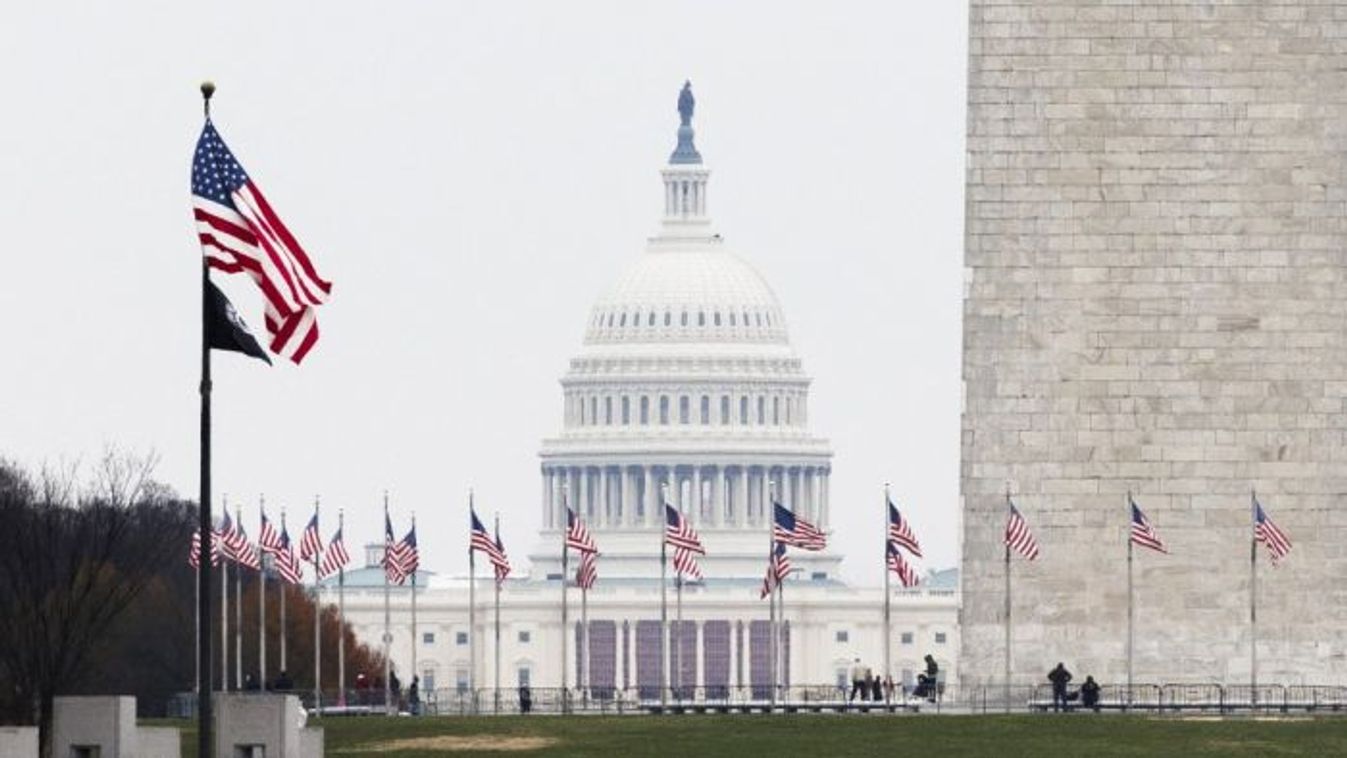





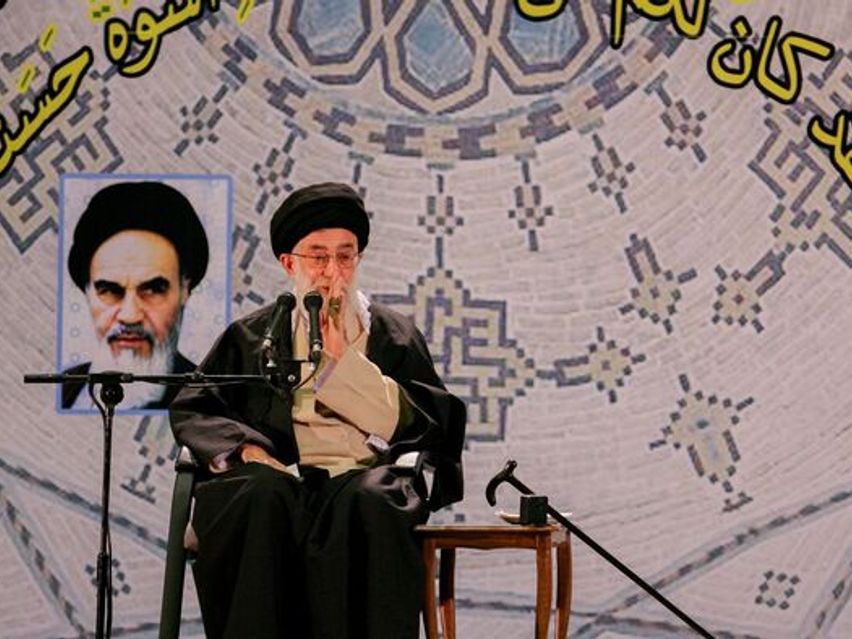


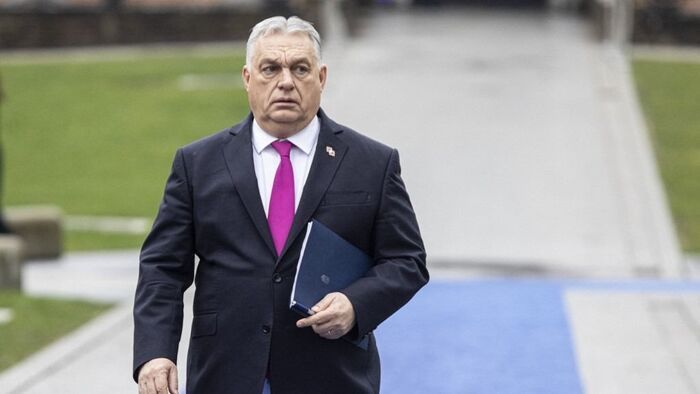


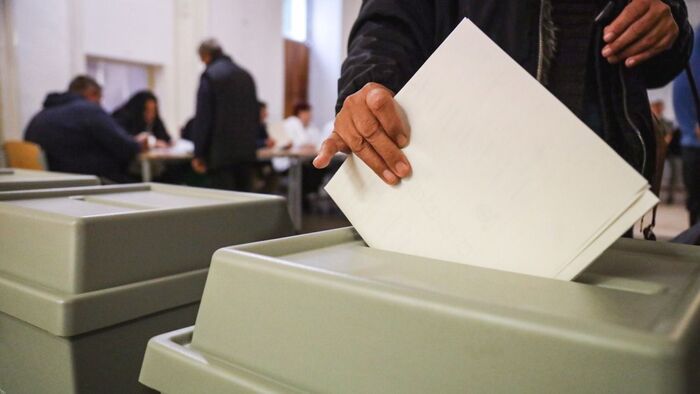




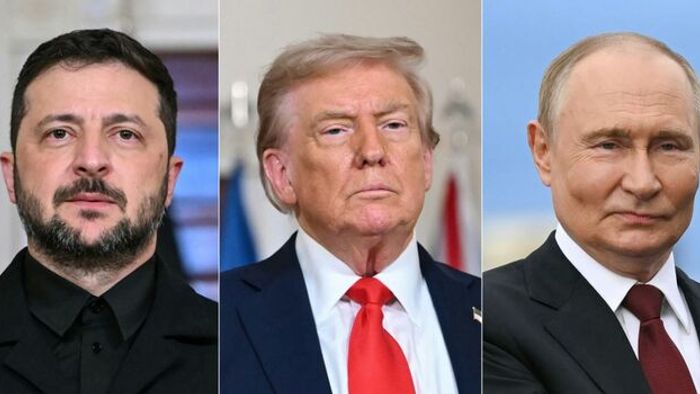





Szóljon hozzá!
Jelenleg csak a hozzászólások egy kis részét látja. Hozzászóláshoz és a további kommentek megtekintéséhez lépjen be, vagy regisztráljon!